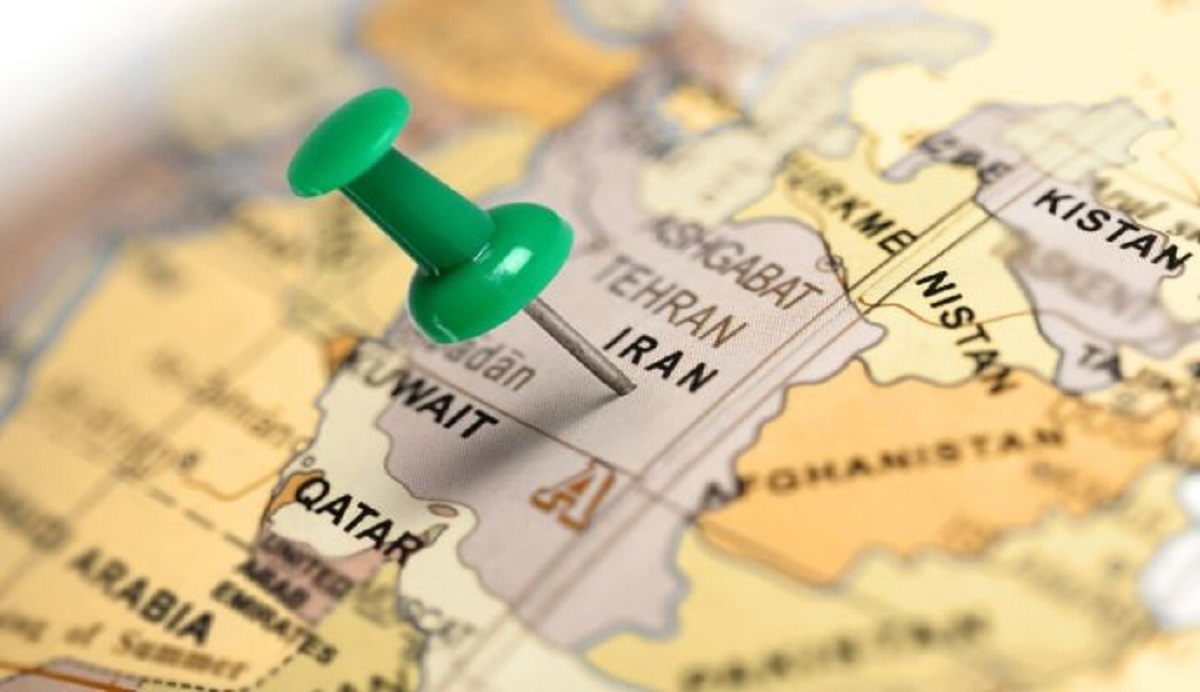On the evening of Sunday, May 19, Iranian President Ebrahim Raisi, Foreign Minister Hossein Amir-Abdollahian, and several other high-ranking officials died in a helicopter crash. The helicopter, carrying the politicians, crashed due to poor weather conditions in a mountainous area. Journalist Roman Kot reports for Apostrophe on the implications of this disaster for Iran, the world, and Ukraine.
Number two
In Iran's very specific power structure, the president is not the full head of state. His role is more akin to that of a prime minister. The country is actually governed by the Supreme Leader (Rahbar), Ayatollah Ali Khamenei. This is one reason why Iran's president is elected through general elections, which are sometimes even competitive.
Although candidates must be approved by a separate body, occasionally even liberal-leaning reformists have been allowed to assume the presidency. For instance, the predecessor of the current president, Hassan Rouhani, negotiated the so-called "nuclear deal" with Western countries. However, Raisi is a hardline conservative within the Supreme Leader's circle. Similarly, First Vice President Mohammad Mokhber, who will temporarily assume Raisi's duties, is also part of Rahbar's inner circle.
President Raisi was important in another regard. He had long been seen as a successor to the 85-year-old Supreme Leader. Therefore, Iran's elites now face the challenge of quickly finding a new successor for the Supreme Leader. However, this is not their only problem.
Just routine
The death of political leaders is not new for Iran, particularly in the early years of the republic during the 1980s. The leftist radical group, the People's Mujahedin Organization of Iran, better known as Mujahedin-e Khalq (MEK), achieved particularly striking results back then.
On June 28, 1981, the headquarters of the Islamic Republican Party was bombed, killing 72 senior government officials, including the IRP leader and the head of the Supreme Court, who was one of the key figures in the country at that time.
On August 30 of the same year, the Prime Minister's office was bombed. The President of Iran, the Prime Minister, and the Interior Minister were killed, and the Defense Minister was severely injured. At the mid-management level and among ordinary Iranians, the death toll ran into the thousands.
At that time, the revolutionary government overcame the challenge through harsh counterinsurgency measures, relying on strong legitimacy following the Islamic Revolution. Now, that legitimacy in the eyes of the people has significantly declined.
Challenges
The legitimacy crisis was evident in the parliamentary elections this March. Although conservatives secured a majority in the Iranian Majlis, the population does not believe that voting can bring about change, leading to low voter turnout. Overall turnout was a record low of around 40%, and in some major cities, it was just 10-25%.
In the near future, Iran will hold a special presidential election. Surprises are unlikely. The candidate replacing Raisi will likely secure a majority of votes from a minority of voters.
However, social tension on Iranian streets hasn't dissipated, as Raisi's team failed to find a way out of the societal and economic crisis. Periodic protests erupt across the country, triggered by various reasons, from fuel price hikes to the death of a girl beaten for not wearing a hijab. The latest wave of protests occurred in September 2022. Sooner or later, protests may resurge, whether against the backdrop of elections or due to another reason.
The death of Iran's Foreign Minister Hossein Amir-Abdollahian could have equally serious consequences. He was responsible for all ongoing diplomatic efforts, particularly in Iran's attempts to ease tensions with Arab countries. Notably, the Foreign Minister was close to the Islamic Revolutionary Guard Corps (IRGC), essentially a state within a state, directly subordinate to the Supreme Leader, with its own military and enterprises. The closest analogy would be the SS in Nazi Germany.
Temporarily replacing the Foreign Minister will be Ali Bagheri Kani, the brother of the husband of the Supreme Leader's younger and favorite daughter. One of his key tasks will be to continue the normalization of relations with the United States. Recently, talks between Washington and Tehran have been held in Oman. However, there's a potential ‘black swan’: Israel, which could disrupt everything with another escalation in operations in the Gaza Strip.
Consequences for Ukraine
For Ukraine, the main question is how the death of politicians could impact Iran's cooperation with Russia. The president and foreign minister were indeed responsible for relations with Russia, primarily in economic and political spheres, such as the "North-South" transit corridor and circumventing sanctions. The first vice president was also actively involved in these processes, so at least until the new elections, regression in these areas is not expected. However, it will depend on whom Rahbar decides to support this time. Even among conservatives, there are differing views on cooperation with Russia.
Military cooperation is a completely different story. It occurs along the lines of the Ministry of Defense and the Islamic Revolutionary Guard Corps. There have been no changes here, so little will change for Ukraine.


